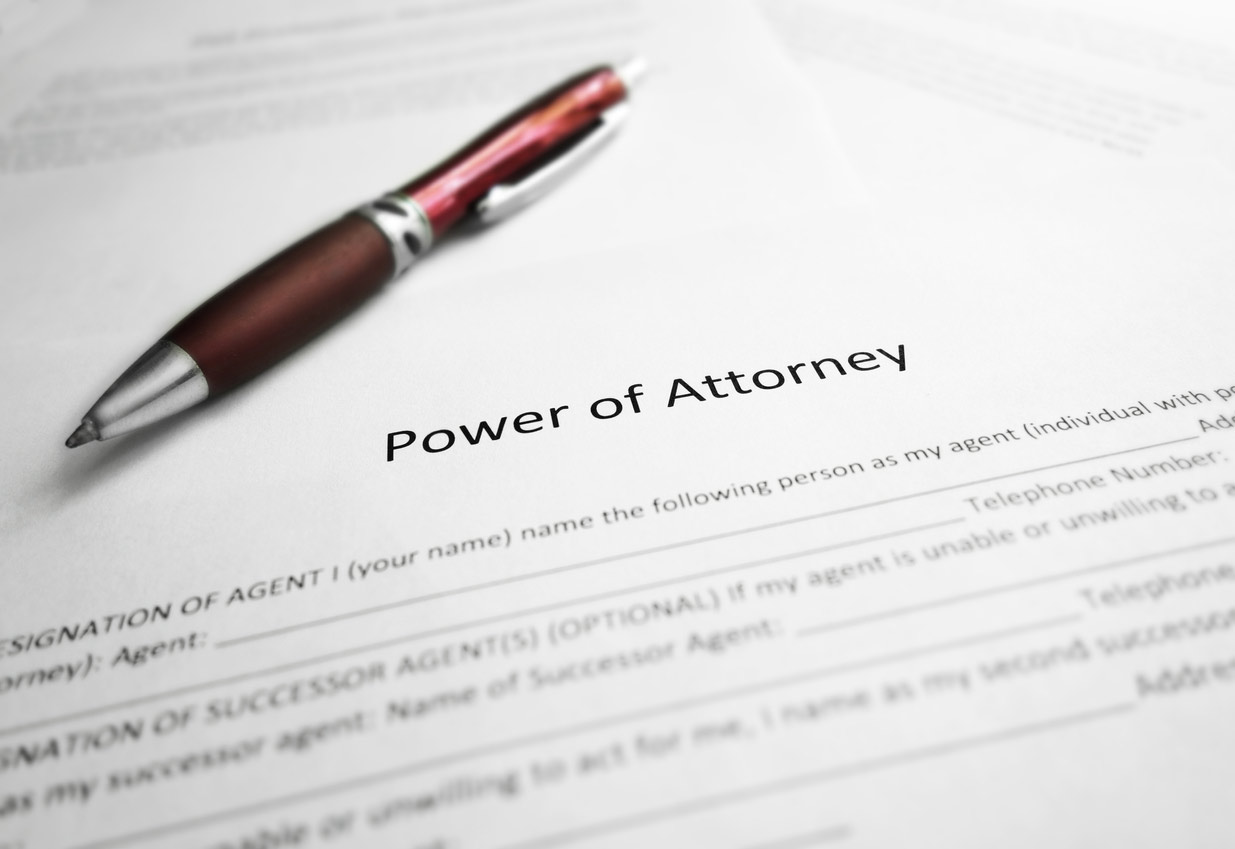Business LPAs
What is a Lasting Power of Attorney?
A Lasting Power of Attorney (LPA) is a document in which the donor authorises someone, or various people – called an attorney or attorneys, to make certain decisions on his or her behalf.
Many people have personal powers of attorney in place to cover their own affairs. They will probably have both an LPA for their finances (property and affairs) and for their health (health and welfare).
If you own a business as a sole trader, in a partnership, as a shareholder of a limited company or any other legal entity, you should consider making business LPAs.
What is a Business LPA?
As the owner of a business, you should consider what would happen to your business if you were to:
- be self-isolating
- be stuck abroad due to travel restrictions
- be abroad on business or holiday
- have an accident or lose mental capacity
Under any of these circumstances your chosen attorney or attorneys may make business decisions for you. This is obviously of paramount import to keep the company running as it should.
Your attorneys may also be required to carry out practical issues in relation to the business, like signing cheques, authorising payments, using business bank cards etc.
Do I need one?
We would advise you to have one if you are a business owner and have no LPAs in place.
In theory, if you have LPAs for your personal life, these can extend to your business too; so you may consider you don’t need a business LPA. But consider that most people choose family members as their attorneys for their personal affairs, and these people might not be the people to make decisions on your behalf in relation to your business.
Often colleagues, co-owners or employees will make a better choice of attorney for business matters. This is because they:
- have a better understanding of the business
- will try and make decisions in the best interests of the company
- have no conflict of interest
- keep family and business lives separate
- not bring families into a business relationship which can often lead to disagreement
So if you consider you need to appoint specific attorneys to look after your business decisions (as opposed to your personal affairs), then yes, you need one.
You can also appoint a professional attorney like your solicitor who is best placed to make totally independent decisions on your behalf.
What happens if I don’t have a business LPA
If, for any of the reasons set out above, you cannot make business decisions yourself, or play a practical role in the business, and have not made a business LPA, a Court of Protection Application to make decisions or determine practical solutions may well be required.
This process takes more than six months (during which time your business may suffer hugely if no one is authorised to make decisions) and is in its own right expensive; and further, the Court may appoint someone who you would not have chosen to look after the business’ interests.
Not having a business LPA is therefore not an option for many business owners.
Call us today
Call us now on 0808 256 2917 for a confidential and no obligation initial discussion or email [email protected].





